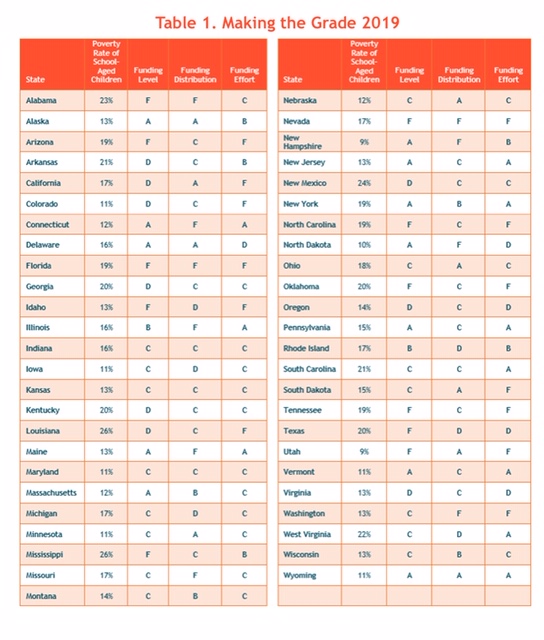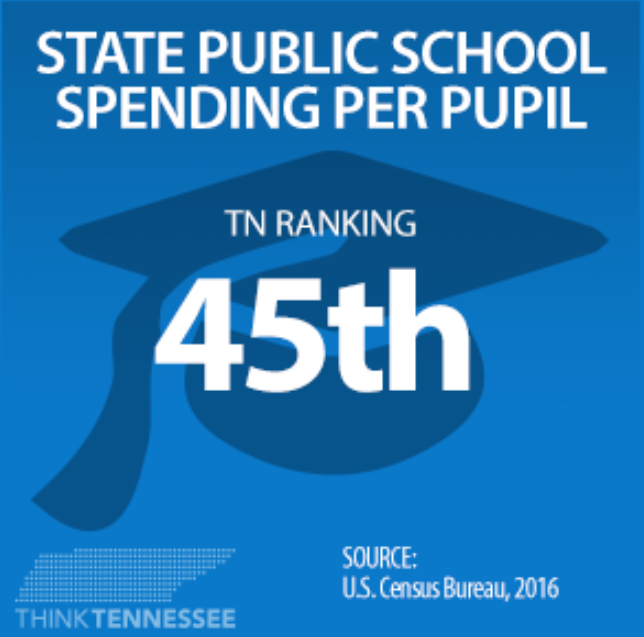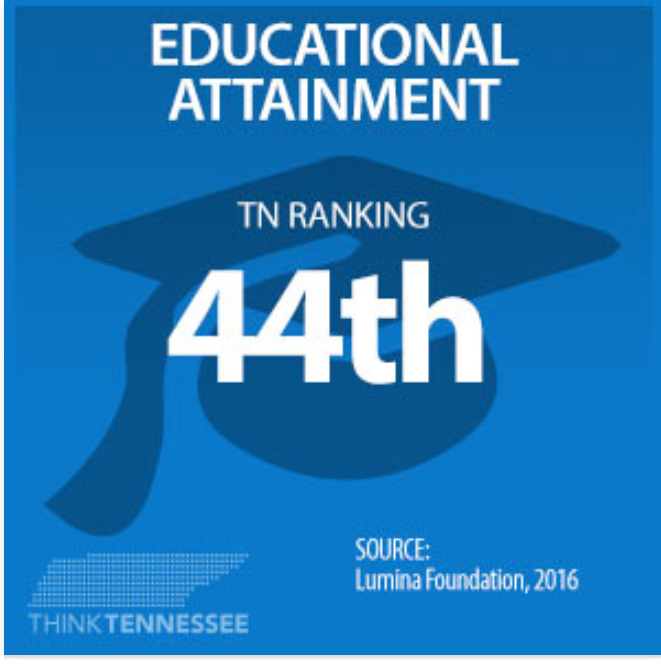The National Alliance for Public Charter Schools has a new superhero, none other than Tennessee Governor Bill Lee. Some are calling him “The Plaid Privatizer” for his tendency to buy new plaid shirts, find a nearby farm, and spout off talking points in videos he posts to Twitter. Chalkbeat has the story of how a governor in office for less than a year is already being dubbed a “Champion for Charters” by this national group:
Gov. Bill Lee has been in office for less than six months, but he’s already been named a champion of the charter school movement by the National Alliance for Public Charter Schools.
Lee — who pushed through new funding and legislation for the state’s growing charter sector — was the only Tennessean and sole governor among 17 local, state, and federal officials named Tuesday to the organization’s 2019 class of “Champions for Charters.”
Lee pushed through legislation doubling the amount of money available for charter school capital projects. That slush fund began doling out cash recently, and plans to spend more soon. He also created a school privatization commission that will soon effectively strip local school boards of their authority to decide on charter schools.
In addition to his aggressive advancement of the charter agenda, Lee spared no ethical expense in order to push through a school voucher scheme. The House vote on that legislation now faces and FBI investigation while the Senate sponsor of the bill is under a separate FBI investigation.
While Lee advances a charter and voucher agenda, Tennessee’s education funding for public schools has earned an ‘F’ in a national analysis.
Because Bill Lee pushes his privatization agenda in plaid no matter the cost (of the shirts or to his integrity), he shall now be nationally known as “The Plaid Privatizer.”

For more on education politics and policy in Tennessee, follow @TNEdReport
Your support — $5 or more today — makes publishing education news possible.












